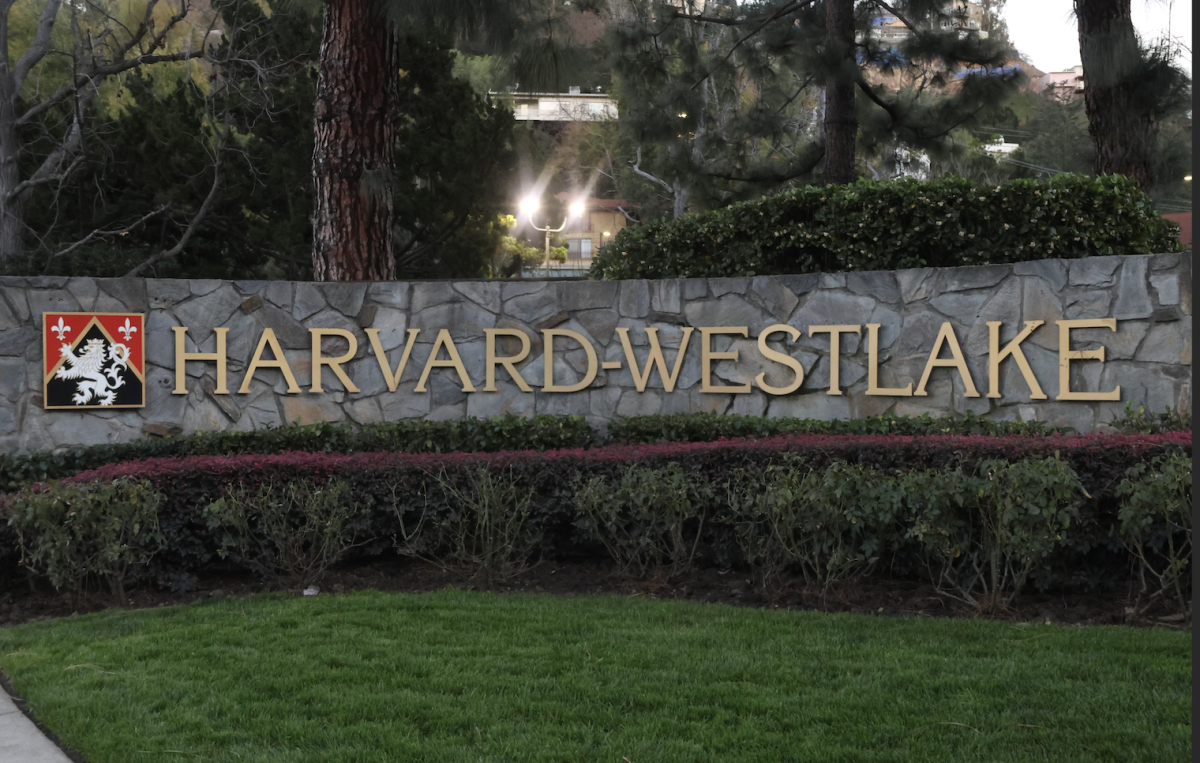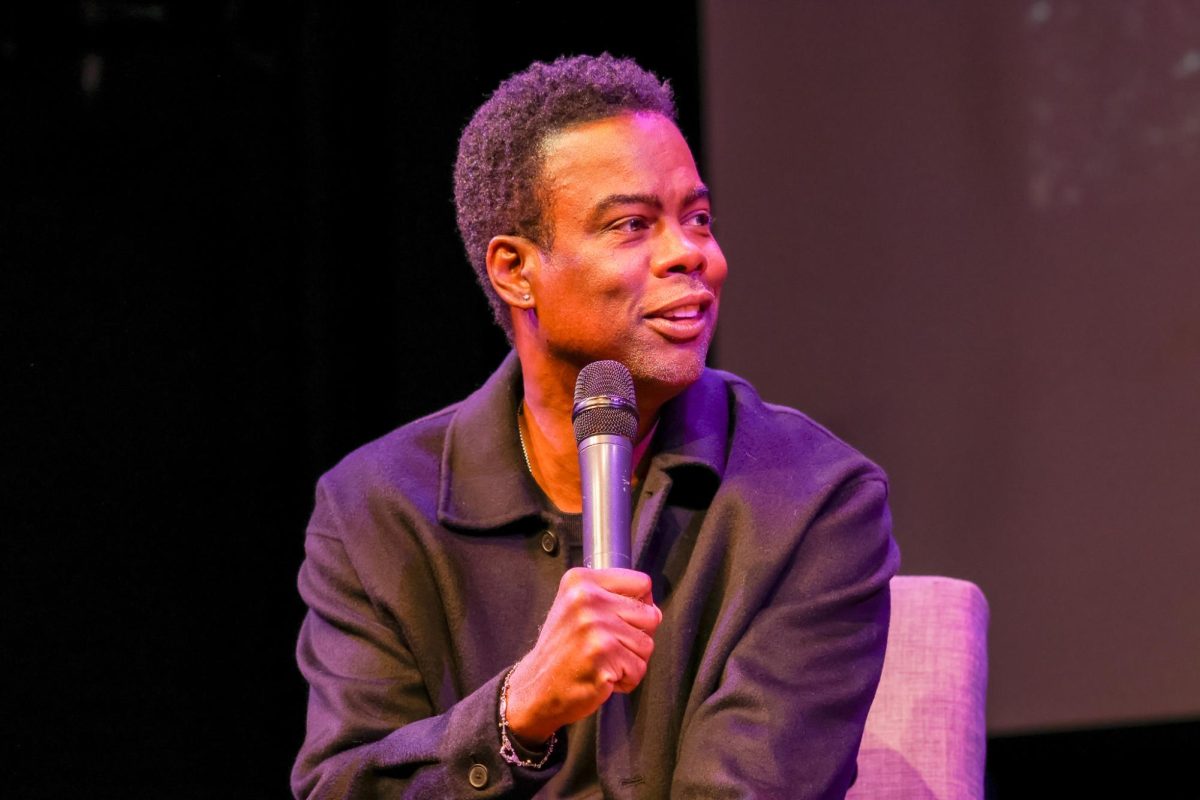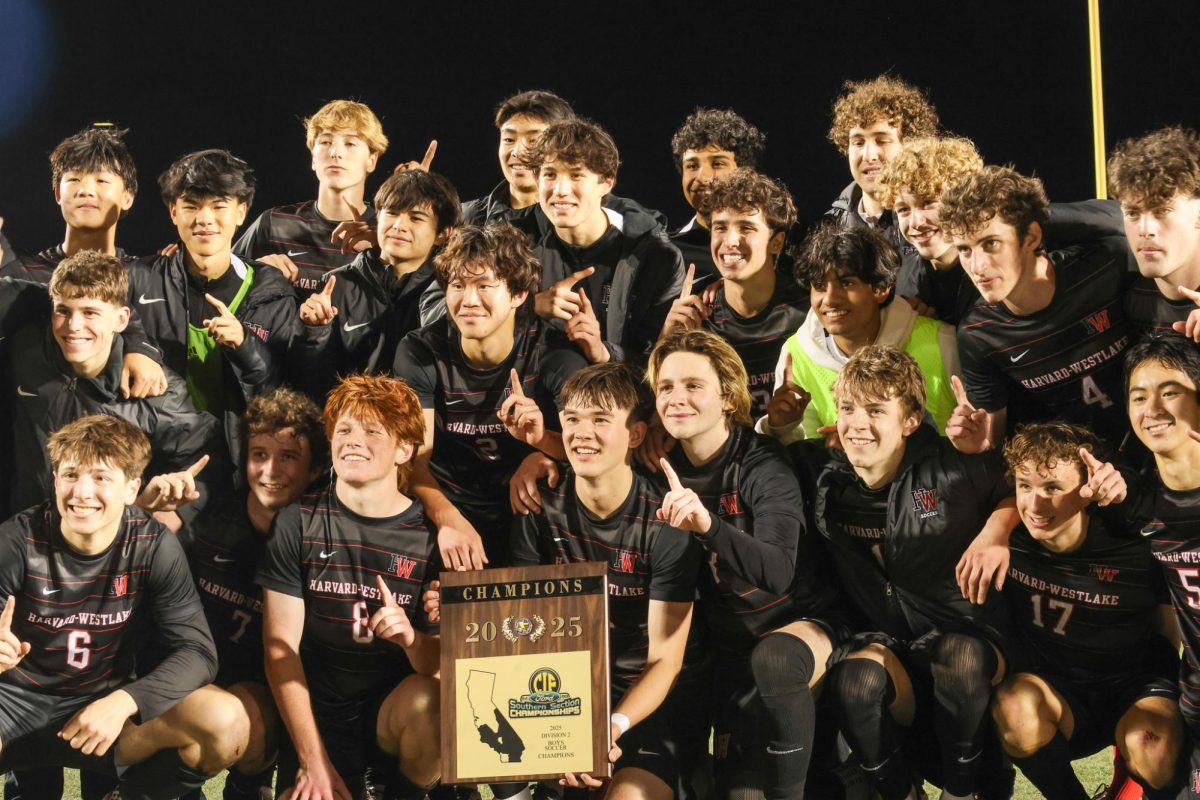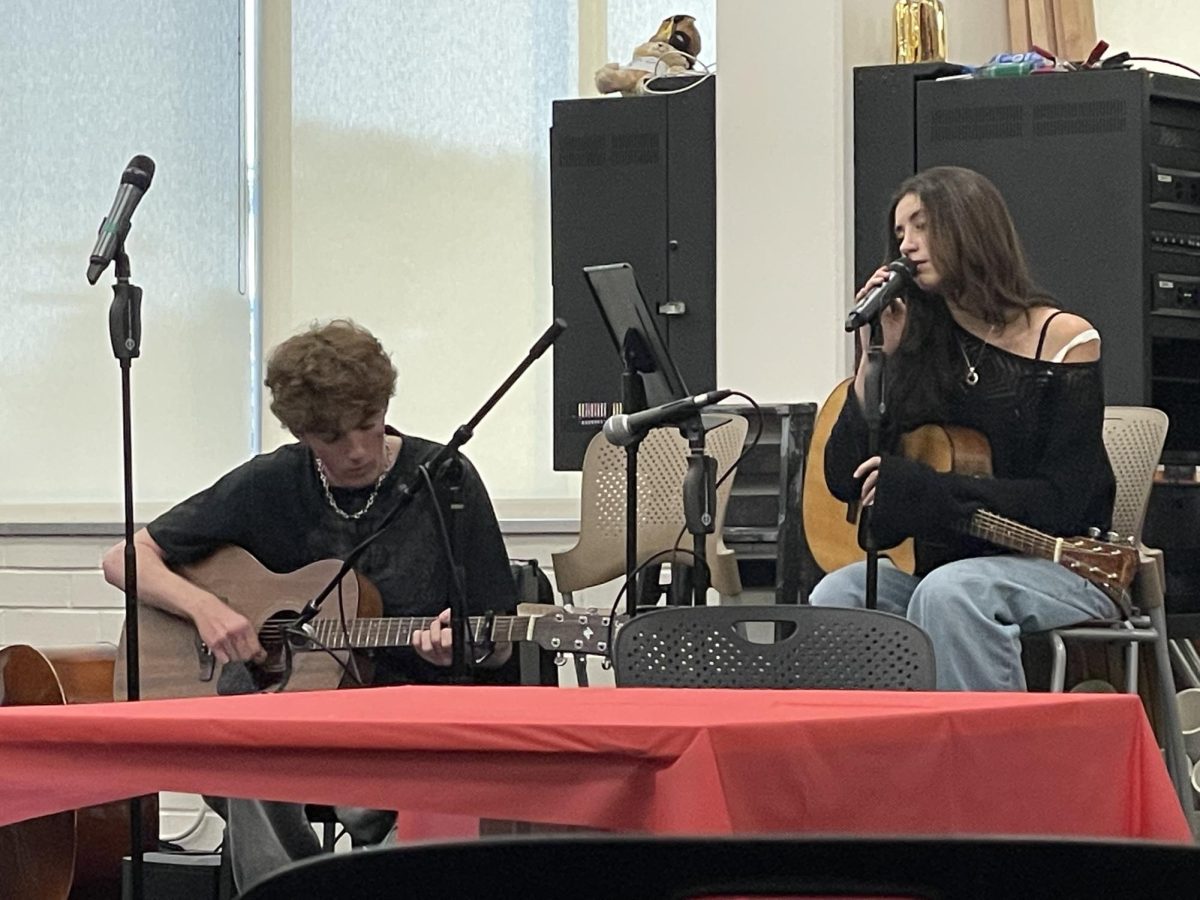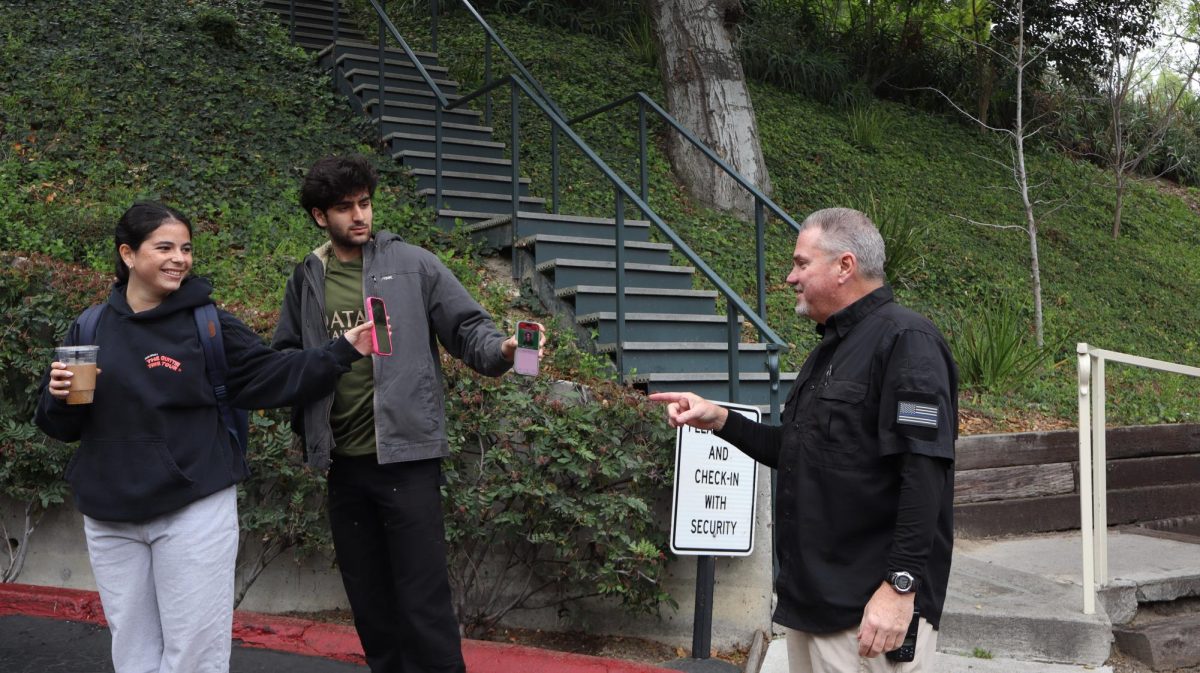Senior executive of the esports team Team SoloMid (TSM) Walter Wang ’13 spoke to students interested in the rise and future of the esports community via Zoom April 15. Wang gave a presentation on the business aspects of the esports community and discussed his team’s efforts to highlight and support female games. In accordance with current events, Wang also explained the impacts of COVID-19 on his industry.
Wang works to combat workplace harassment towards women
In response to Wang’s speech, which described the harassment women face in the gaming community, HW Venture adviser Rob Levin asked how TSM is working to integrate women into esports and combat the hate female gamers receive in the gaming community. Wang said the toxicity deters women from reaching higher levels within the esports community.
“It’s not okay for women to be harassed out of the [esports] league,” Levin said.
Wang said that streaming platforms are working to censor offensive language in games and helping fans become more mindful and respectful towards female gamers. TSM, in particular, is actively seeking out the best women in the industry, Wang said.
Wang is currently working on the development of the League of Legends TSM training facility in Southern California which is set to be completed next month. Wang said the facility includes amenities such as a physical therapy pool, fitness gym with personal trainers, meditation classes, yoga and chefs because living a healthy life would help the TSM athletes perform in their games.
Gaming Club adviser Richard Vo said that his students were inspired to hear Wang speak.
“My students were really excited to hear that [Wang was] coming,” Vo said.
Wang describes effect of coronavirus on esports community
The beginning of Wang’s presentation covered the rise of esports and explained the business behind it. Wang said TSM makes most of its revenue from advertisements to companies such as Hasbro, Chipotle, Amazon.com and Gillette, but due to COVID-19, less companies are willing to discuss advertisement possibilities.
“The community is up around 70 to 100 percent since the ‘stay at home’ has started,” Wang said. “This creates a more mainstream appeal and the macro trend for gaming.”
Co-organizer Sophia Rascoff ’23 said that despite hearing a similar presentation from Wang before, she thought his speech was engaging.
“[Wang’s] speech really emphasized the huge size of the esports industry to me; I had no idea how many people it attracts and how much money is in that industry,” Rascoff said. “I heard him speak before at the Middle School earlier this year, but even just hearing those numbers again was crazy. It showed me that new technology, specifically with esports, really has a chance at displacing current top entertainment industries.”






























